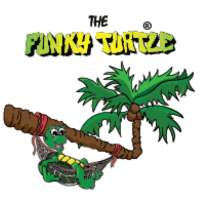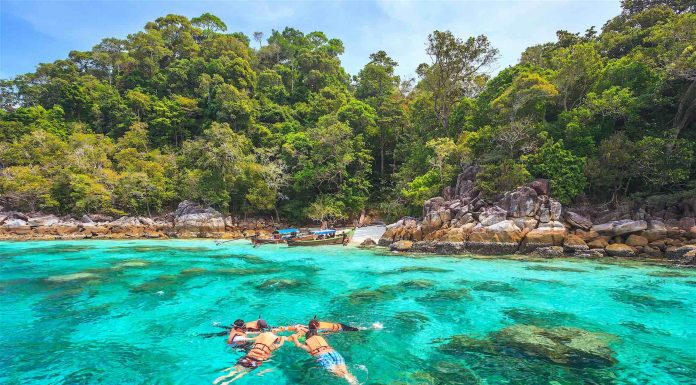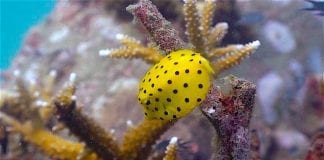Conservation Initiatives on Koh Tao
Preservation and conservation are important activities on a small island like Koh Tao. With its beautiful natural environment a major drawcard, conservation initiatives are increasingly important.
The small island enjoys mountain viewpoints, lush tropical jungle, granite rock formations, a jagged coastline ringed with beautiful bays and beaches.
Naturally formed over millions of years, witnessing this natural landscape makes it easy to understand what we stand to lose if no conservation efforts are made.
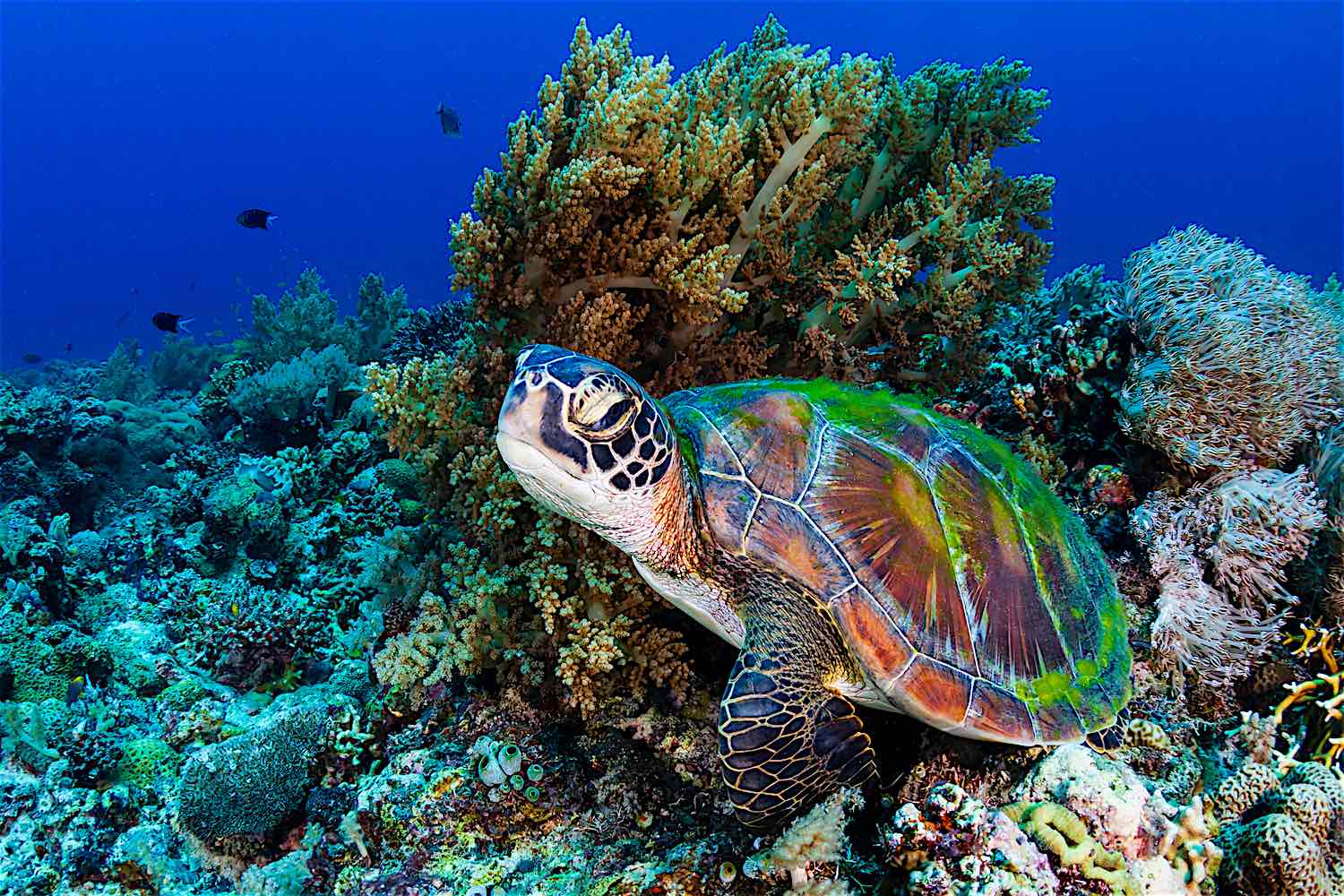
Coral Reefs
Koh Tao is also the only island in the Gulf of Thailand that is surrounded by a significant amount of living organism – Coral reefs.
This is a key differentiator to the other islands in the area and makes it such a popular tourist destination for travellers from around the world.
Conservation initiatives on Koh Tao are ongoing on the land and in the marine environment as the local populations work together to protect this irreplaceable natural habitat.
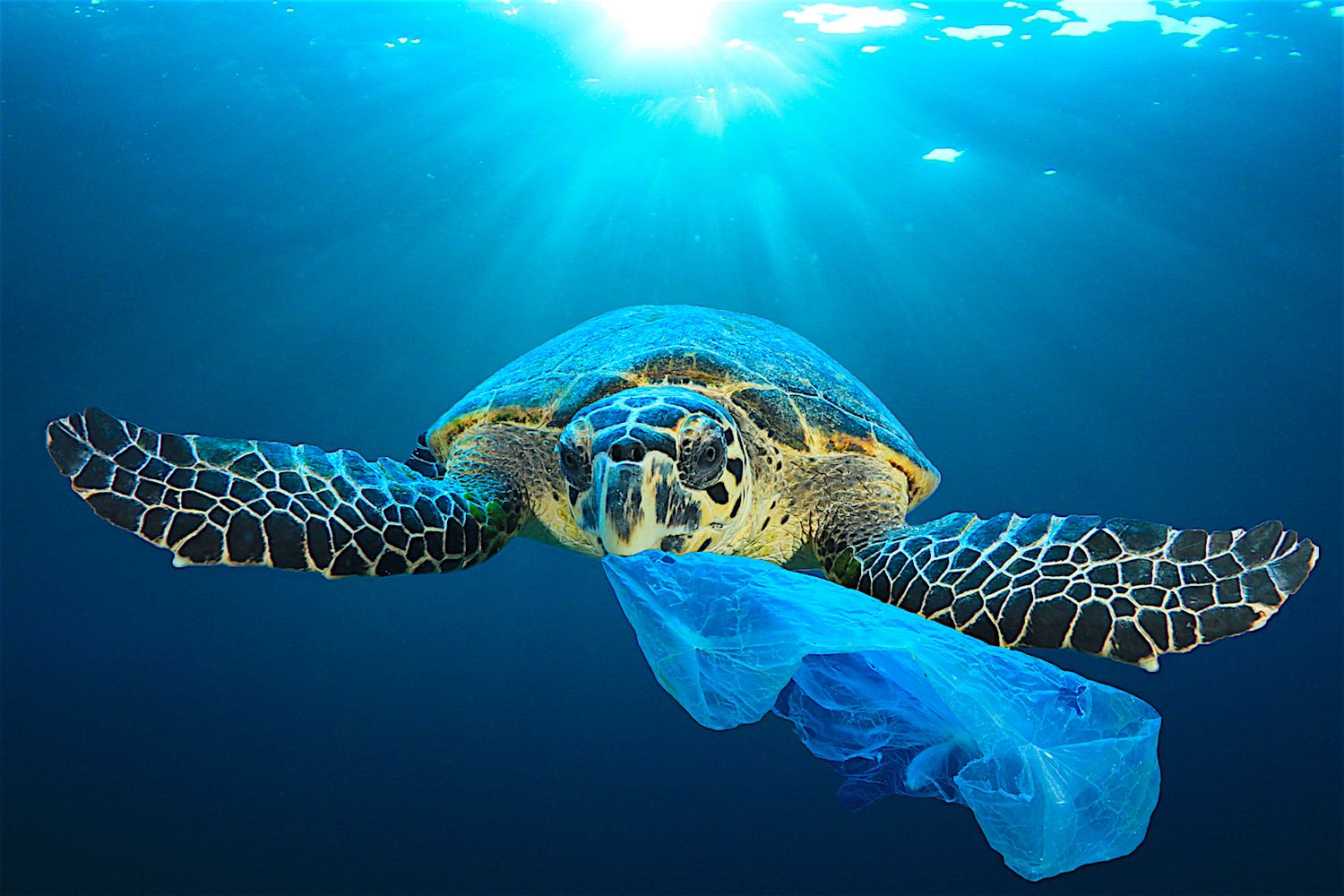
The Importance of Conservation
Conservation can be defined as “the careful preservation and protection of something”.
However, the word is most commonly associated with the goals and objectives for preserving the planets ecosystems and natural resources.
Conservation
There are a number of different views on the reasons why we should conserve nature. Some believe that nature should be conserved simply for the benefits it provides to humans.
A completely opposing view is that nature should simply be preserved for its inherent value, a view that is considered to be more about preservation than conservation.
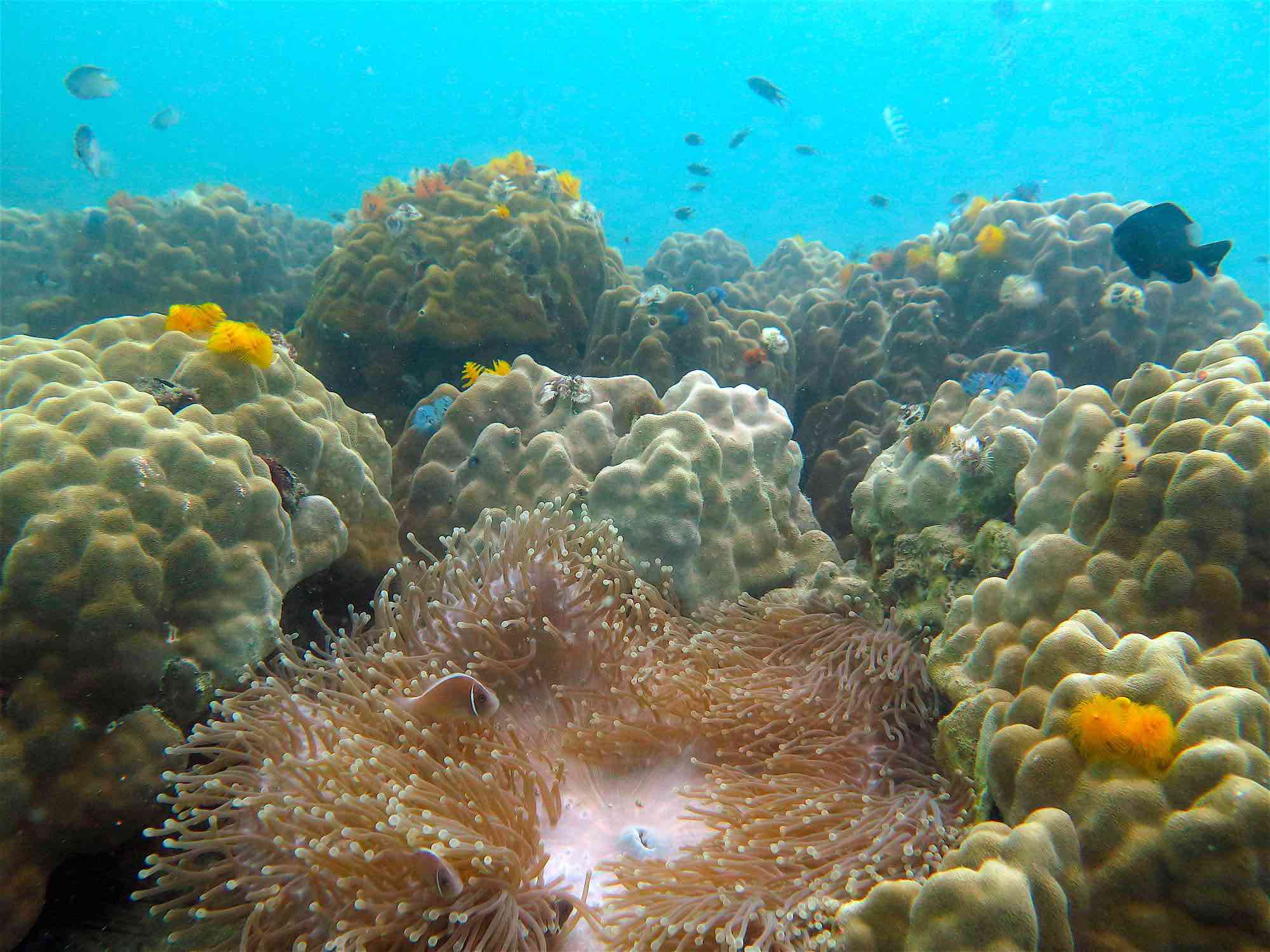
Conservation and Ethical Choices
For the majority of people, conservation is about making an ethical choice to take responsibility for the effects we are having on the planet.
We need to find solutions for people to continue to use what nature provides us with in a sustainable way.
It is widely recognised that human activity damages the environment, especially as global populations have increased.
Effectively, we are consuming the worlds natural resources at increasingly quicker rates.
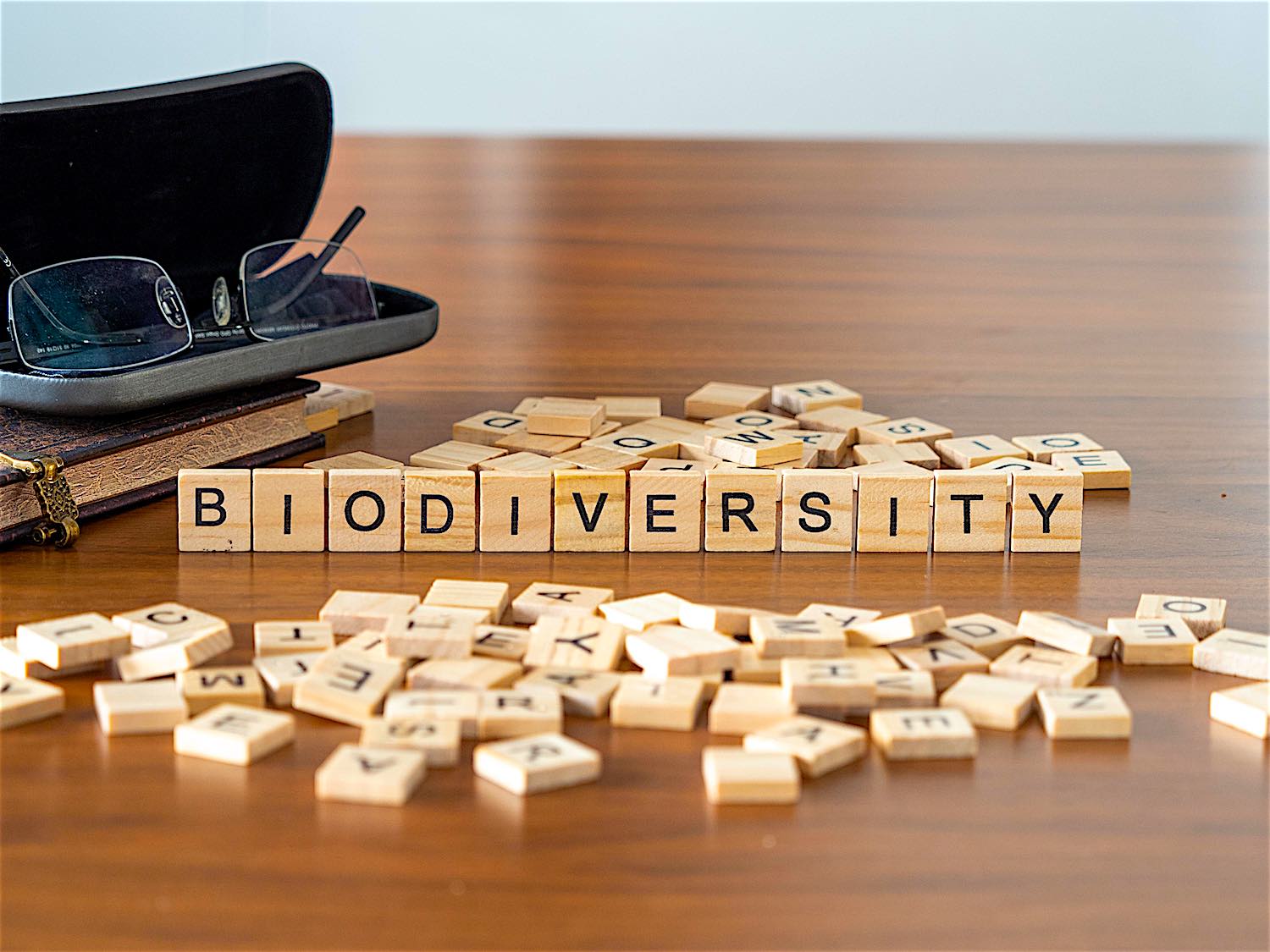
Conservation and Loss of Bio-diversity
By consuming these resources, we are contributing to a loss of bio-diversity and as biodiversity decreases, you see a corresponding increase in the rate at which species become extinct.
Whilst species extinction is a natural process that occurs over time. Scientists have shown by using information obtained from the fossil record, the rate at which extinctions are now occurring is approximately a thousand times higher than expected and could be part of a mass extinction event.
Conservation and Species Extinction
With over 25,000 species considered to be at risk, it is essential that actions are taken to find a balance between sustainable use and exploitation.
There are many factors that are contributing to the loss of biodiversity including climate change, habitat destruction, pollution and the introduction of invasive species.
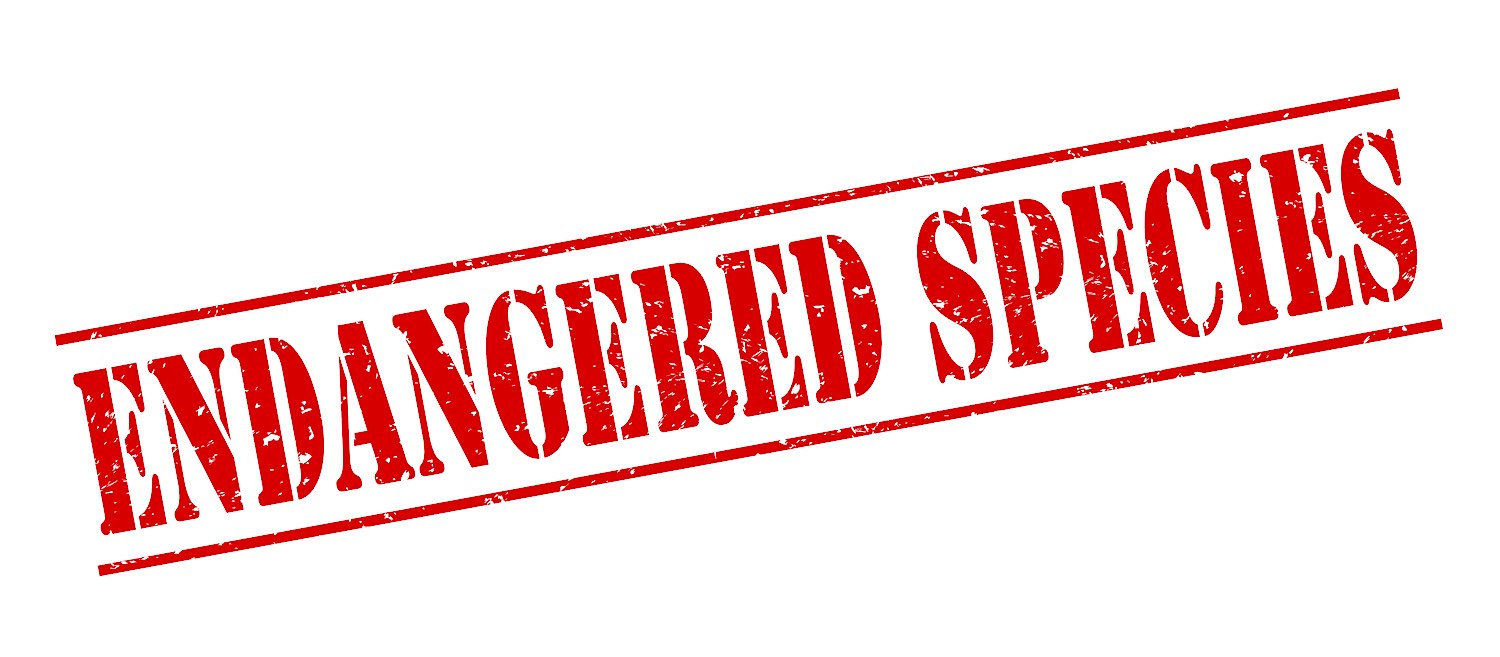
Conservation and the Human Effect
All of these factors have been created by human activity which has carried on regardless of the impact it is having on the rest of the planet.
Reduction Initiatives
In order to reduce the human impact on nature we need to continue to implement a range of policies and practices that help to conserve natural resources and prevent any further loss of biodiversity.
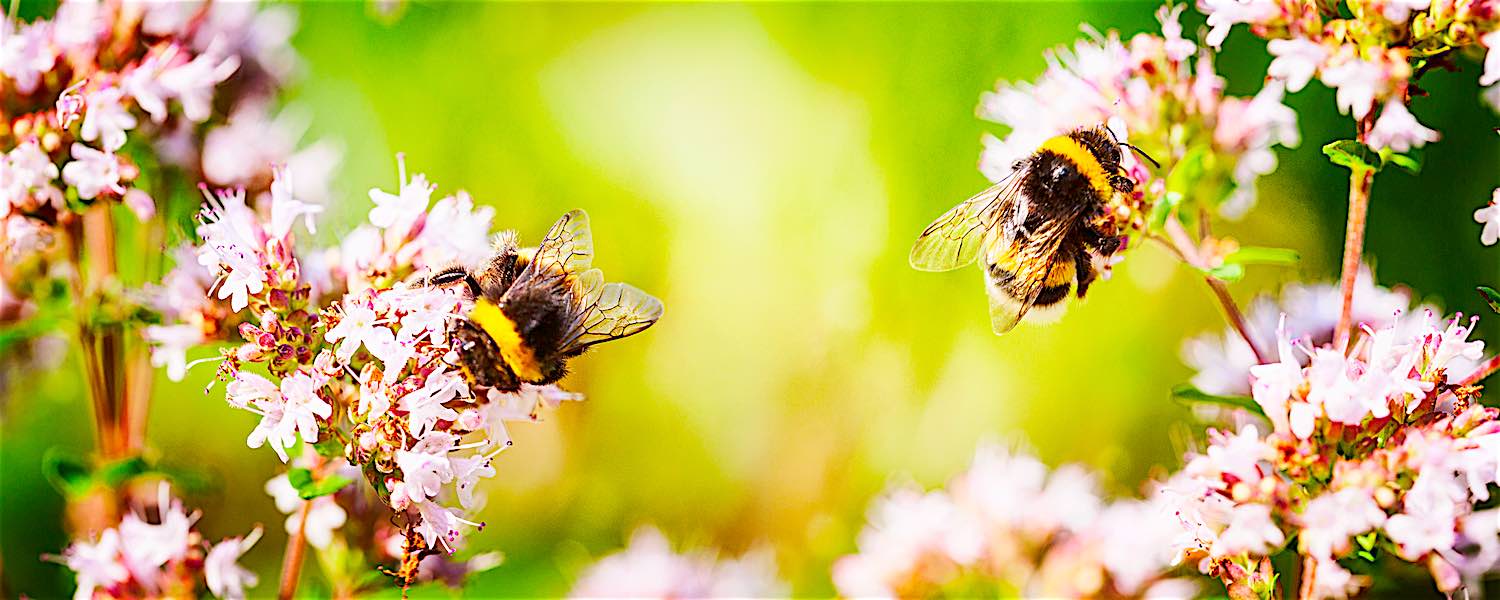
Conservation and the Protection of Wildlife & Plants
These practices include creating protected areas for wildlife and plants, recycling to reduce our consumption of natural products, as well as reducing our waste, captive breeding, and restoration of habitats.
Protecting the Future
Without conservation efforts, the impact of humans on our natural resources will be felt by every living creature on the planet, including human populations.
Food and clean water sources would become more scarce, medicines would be harder to produce and the economy would be negatively impacted by the reduction in commercially valuable resources.
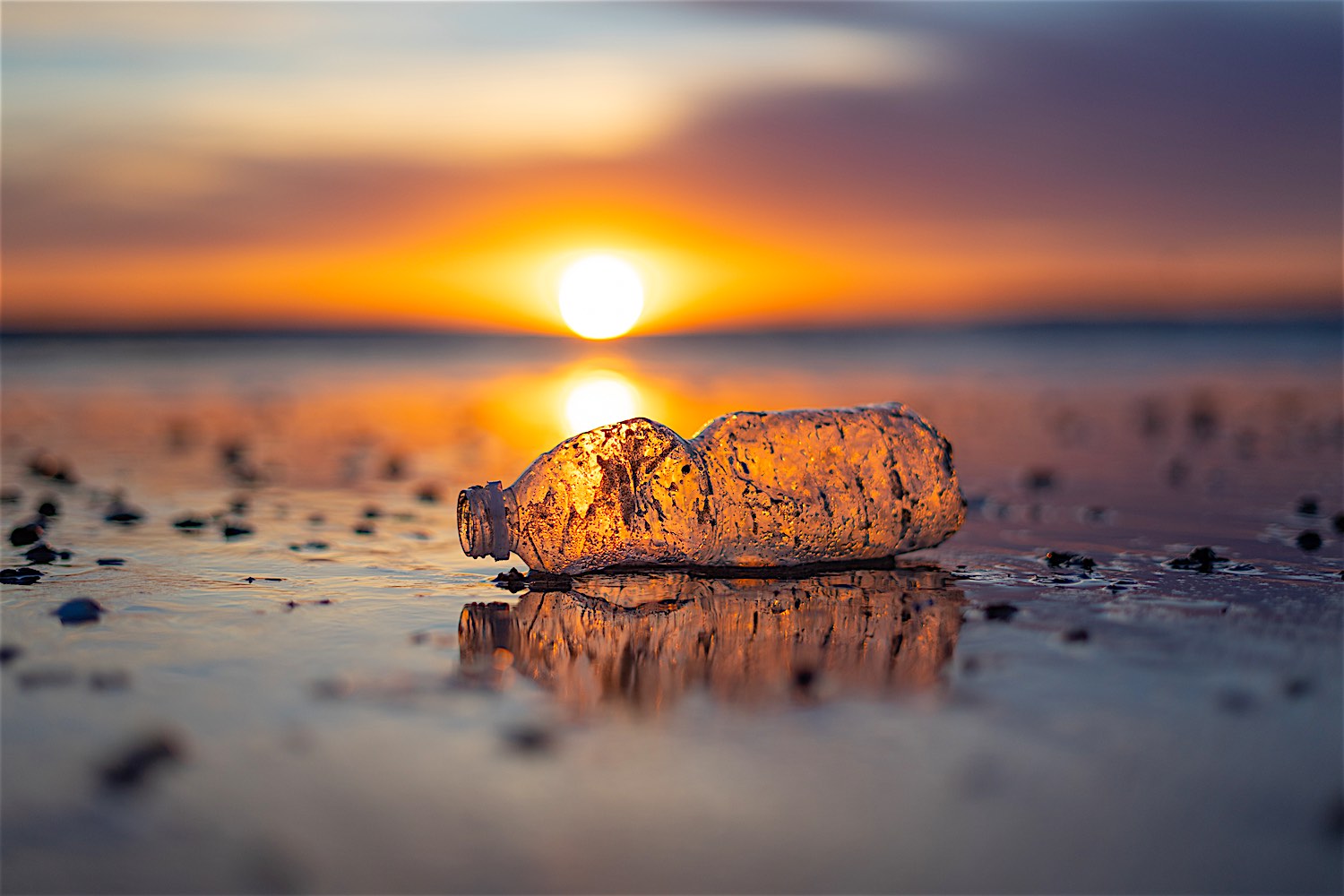
Conservation Initiatives & Programs
By implementing even small conservation programs, we can begin to find the balance that will allow us to continue using our natural resources without fear that they will disappear permanently.
Although some may say that it won’t make a difference, it has been shown that many of these conservation practices are already having an impact and the decline in numbers of some species has been reversed.
